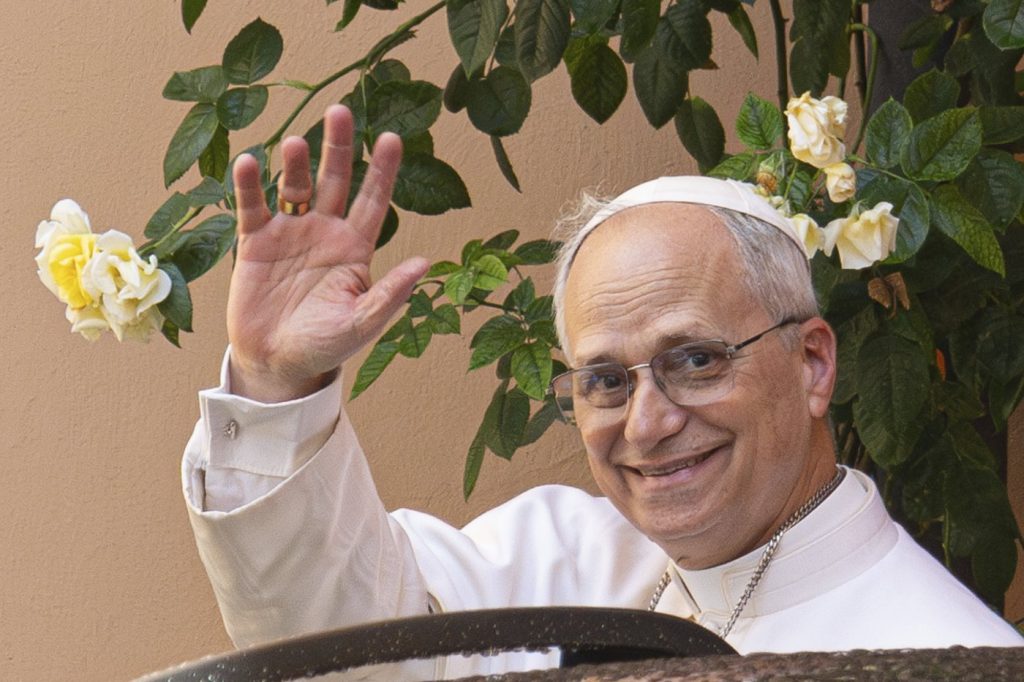VATICAN CITY (AP) — Pope Leo XIV made a significant commitment on Wednesday to actively pursue peace initiatives in regions impacted by conflict, particularly the Middle East and Ukraine. During a Holy Year audience with eastern rite pilgrims, he emphasized the importance of preserving spirituality and traditions among Catholic communities with roots in the Middle East and Eastern Europe, who have faced severe challenges due to prolonged warfare and persecution.
Recognizing the unique status of eastern-rite Catholics, who, while aligned with papal authority, maintain distinct rituals and liturgies, Pope Leo highlighted the Coptic, Chaldean, Maronite, and Eritrean Catholic churches, as well as the Syro-Malabar church in India. Additionally, he noted the presence of Greek Catholic communities throughout Eastern Europe and the Americas. Unlike Orthodox Christians, these communities fully acknowledge the pope's authority, further emphasizing their distinctive role within the broader Catholic Church.
The pope addressed the harsh realities confronting eastern rite Catholics, many of whom have been compelled to flee their homelands due to “war and persecution, instability and poverty.” This statement succinctly captured the plight of Christians in the Middle East, particularly in Iraq and Syria, regions that have seen significant Christian exodus fueled by violent extremism. Pope Leo underscored the historical significance of these communities in northern Iraq, where the Aramaic language, the language spoken by Jesus Christ, is still in use.
Pope Leo XIV vowed to make “every effort” to contribute to peace in these afflicted areas. He expressed the willingness of the Holy See to facilitate dialogue and reconciliation among conflicting parties, stating, "help bring enemies together, face to face.” His comments reflected a deep concern for the ongoing violence in areas such as the Holy Land, Ukraine, Lebanon, Syria, Tigray, and the Caucasus, where hardship and conflict persist.
During his remarks, he commended the resilience of Christians, who strive for reconciliation in situations where they are often persecuted minorities. He encouraged them to persevere in their resilience, thanking God for the determination of both Eastern and Latin Christians who, especially in the Middle East, continue to reside in their ancestral lands. "They resist the temptation to abandon them," he stated, underscoring the vital need for Christians to have the opportunity to live securely in their native regions with all necessary rights.
The event was marked by a diverse assembly of faithful from around the globe, highlighted by the presence of Lebanese and Ukrainian flags, as well as enthusiastic participants. The atmosphere reflected a shared commitment to peace and a collective hope for the future of marginalized communities facing ongoing challenges.











